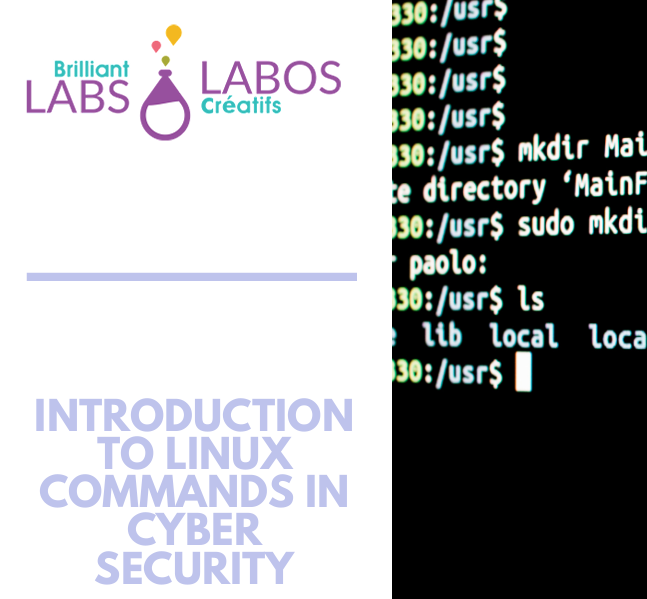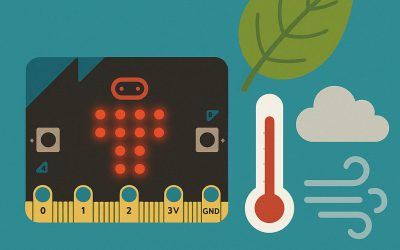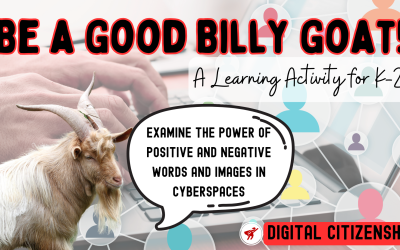Overview
Linux is a free and open-source operating system that is used by advanced computer users and cybersecurity experts. An operating system is the software that controls a computer’s basic functions, such as managing its memory, processing, and storage.
Linux is popular among advanced computer users and cybersecurity experts for several reasons:
- Open-source: Linux is open-source, which means that its source code is freely available for anyone to view, modify, or distribute. This makes it easier for users to customize the operating system to their specific needs and allows developers to work together to improve its security and performance.
- Security: Linux is considered to be more secure than other operating systems, such as Windows, because it is less susceptible to viruses and other forms of malware. This makes it an attractive option for cybersecurity experts who need to protect sensitive information and networks from cyber threats.
- Cost-effective: Linux is free to download and use, which makes it a cost-effective option for individuals and organizations who want to save money on operating system costs.
- Flexibility: Linux is highly customizable and can be tailored to meet the specific needs of different users, from home users to large corporations. This makes it a versatile option for advanced computer users and cybersecurity experts who need an operating system that can be adapted to their unique requirements.
- Community: Linux has a large and active community of developers and users who work together to improve the operating system and provide support to each other. This makes it easier for advanced computer users and cybersecurity experts to find help and resources when they need it.
Overall, Linux is a popular operating system among advanced computer users and cybersecurity experts because of its open-source nature, security, cost-effectiveness, flexibility, and supportive community.
A virtual machine is a software program that allows a computer to run multiple operating systems and applications at the same time, as if each one was running on a separate physical computer.
Think of a virtual machine as a “computer within a computer”. It acts as a virtual environment that is completely isolated from the underlying hardware and other software on the host computer. This means that you can run multiple virtual machines on a single physical computer, each with its own operating system, applications, and data, without affecting the others.
For example, you could run a virtual machine with Windows on a computer that already has Linux installed, and use both operating systems at the same time. Or, you could run a virtual machine with a different version of an application to test compatibility without affecting the rest of your computer.
Virtual machines are commonly used in a variety of industries, including software development, testing, and cybersecurity. They provide a safe and secure way to run applications and operating systems, and offer greater flexibility and efficiency compared to traditional physical computers.
In simple terms, a virtual machine is a software program that allows you to run multiple computers on one physical computer, each with its own operating system and applications.
A student who learns Linux can pursue a variety of careers in the technology industry, including:
- System Administrator: A system administrator is responsible for managing and maintaining computer systems, networks, and servers. A strong knowledge of Linux is highly valued in this role as many organizations use Linux as their primary operating system.
- DevOps Engineer: DevOps engineers are responsible for developing, deploying, and maintaining software applications. Linux is often used in DevOps environments, so a strong knowledge of Linux can be valuable in this career.
- Cloud Engineer: Cloud engineers work with cloud computing technologies to design, deploy, and manage cloud-based systems and services. Linux is widely used in cloud computing, so a strong knowledge of Linux can be beneficial in this role.
- Software Developer: Software developers use programming languages to create and maintain software applications. Linux is used in many software development environments, so a strong knowledge of Linux can be an asset in this career.
- Cybersecurity Professional: Cybersecurity professionals work to protect computer systems and networks from cyber threats. Linux is widely used in cybersecurity due to its security features, so a strong knowledge of Linux can be valuable in this career.
These are just a few examples of the many careers that a student who learns Linux can pursue. A strong knowledge of Linux can open up a wide range of opportunities in the technology industry and provide a strong foundation for a fulfilling and lucrative career.
NB Curricular Outcomes
Technology 6-8
- Strand: Information Technology Skills, Big Idea: Digital Citizenship, Networking
Cybersecurity 120
- Strand: Digital Technologies, Big Idea: Operating Systems, Digital Communications.
- Strand: Trends, Big Idea: Adoption Practices;
- Strand: Mindset, Big Idea: Computational Thinking, Ethics,
What you will need
- Download the learning activity PDF.
- Register for the accompanying online course by clicking here.
Instructions
- First, complete the associated online course content that will walk you through setting up a “virtual machine” and will allow you to install and operate a Linux-based computer on any computer.
- Once you’ve completed the online tutorial, you can then complete:
- Activity A: Folder Structure
- Activity B: Creation of a File that Contain Text
Reflection Activity
Please see the attached PDF for several choices on how you and your learners can reflect upon today’s activity.
Acknowledgements
We would like to thank our Partners from Brilliant Labs, an Atlantic Canadian-based charity that supports students, teachers, and communities with cross-curricular, maker-centered learning. They integrate creativity, innovation, coding, and entrepreneurship into K-12 classrooms across Atlantic Canada and beyond. You can find more information about their amazing work on their website or follow them on Twitter and Facebook
NB Global Competencies






